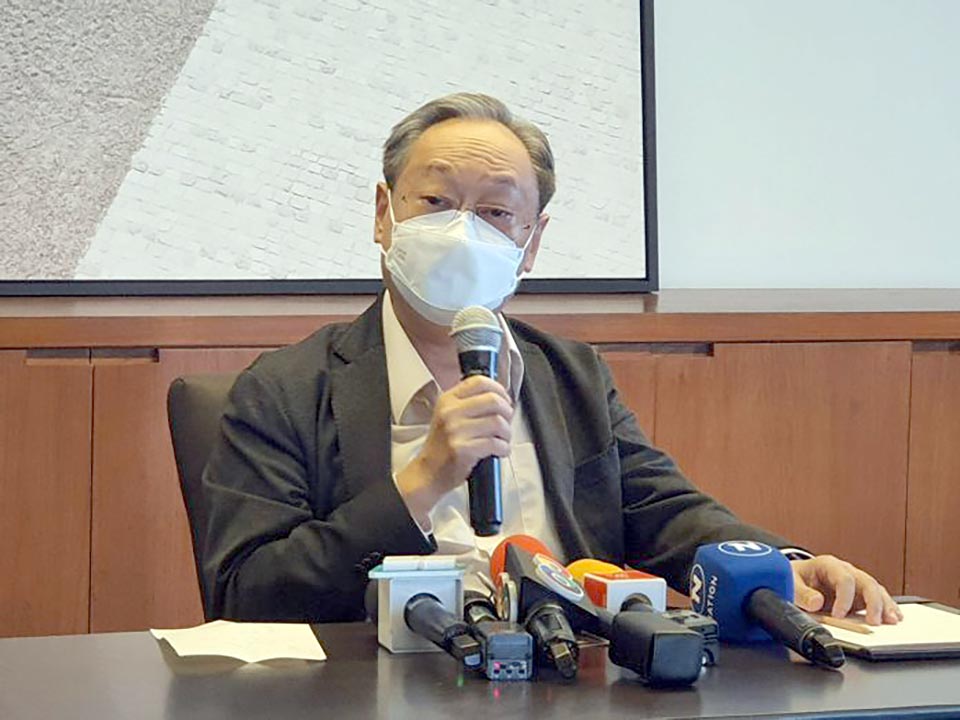
Sontirat Sontijirawong, a former Energy Minister and a core member of Sarng Anakot Thai Party, has suggested that the administration reduce hidden energy costs in order to address the ongoing issue of high fuel prices.
During a press briefing, Sontirat voiced concern over the local energy situation, believing the issue was becoming increasingly difficult to manage. He stressed that energy prices directly affect living costs and business operations.
The former energy minister also urged the government to do more to address the issue beyond subsidizing petrol and gas prices. He has floated an idea of importing crude oil and refining it locally, believing Thailand’s refinery sector has sufficient capacity to facilitate domestic consumption.
He further advised the administration to reduce the excise tax for crude imports and introduce a carbon tax. He said the move will also promote the use of green energy while earning Thailand “carbon credits” that will provide a smoother path for exports to European nations.
A carbon tax is a fee imposed on the burning of carbon-based fuels, such as coal, oil, and gas. The tax is a core policy for reducing and eventually eliminating the use of fossil fuels whose use creates destabilizing emissions and contributes to climate change. A carbon credit is a permit that allows the owner to emit a certain amount of carbon dioxide or other greenhouse gasses. One credit allows the emission of one ton of carbon dioxide or equivalent in other greenhouse gasses. The carbon credit is half of a so-called “cap-and-trade” program. (NNT)

 |
 |
 |





